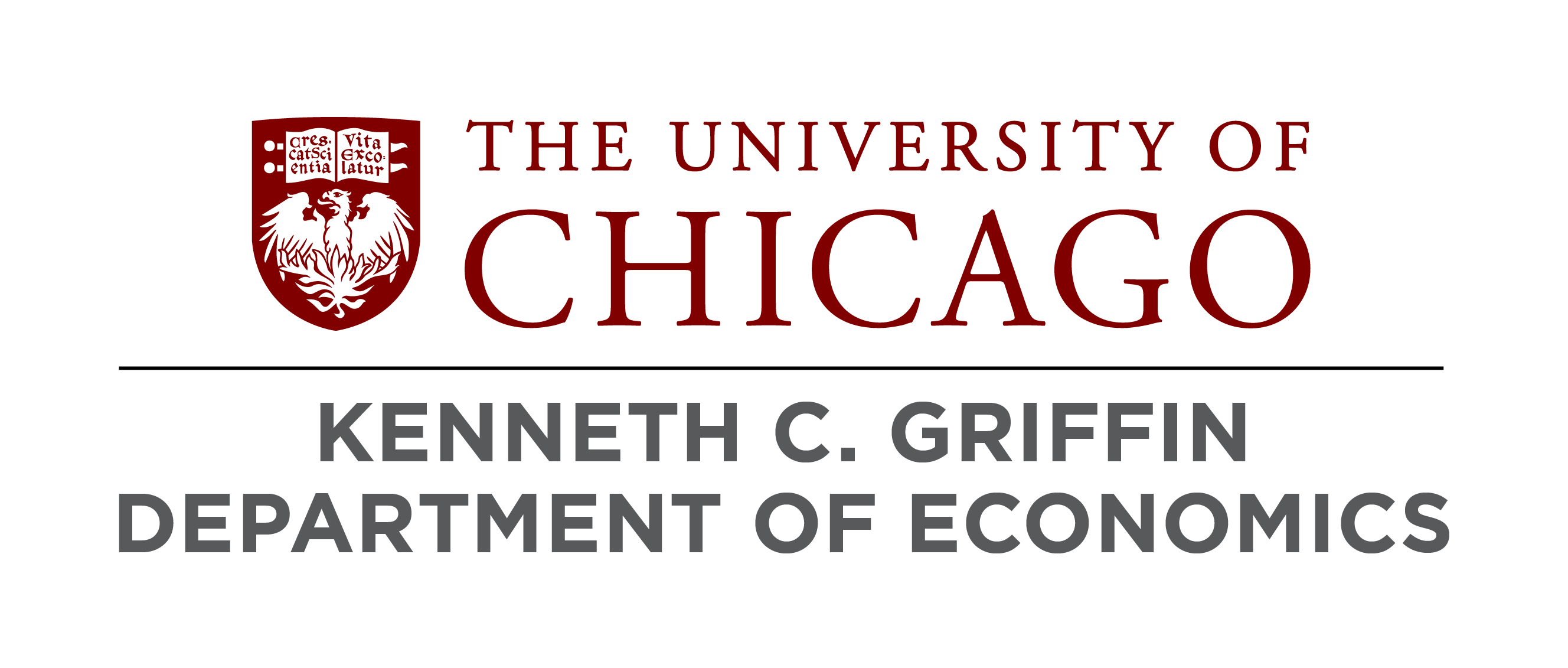ECONOMIC OUTCOMES PERSIST ACROSS GENERATIONS MORE THAN BELIEVED, RESEARCH SHOWS (2022)
PUBLISHED ON SEP 8, 2022
Economic outcomes persist across generations more than believed, research shows
Chicago, Sept. 7, 2022 — New research that refines measures of resources and well-being passed from parents to their children shows that current estimates of intergenerational mobility may be substantially overstated. The study from Nobel laureate James J. Heckman and colleagues at the University of Chicago and Rockwool Foundation in Denmark shows that parents’ and children’s economic outcomes are much more tightly linked than previously believed.
The study also documents that previous research may have overstated social mobility most for children from disadvantaged families. Findings are detailed in “Intergenerational Transmission of Family Influence” [add link].
The research team developed new measures of economic welfare across the lifespan, accounting for differences in life-cycle trajectories, uncertainty, and credit constraints. This improves upon traditional measures of social mobility, which examine the association between children’s and parents’ income when both generations are in their 30s.
“There is much more to resources than just average income over a limited age range. First, the life trajectories of individuals differ in ways that a simple average cannot capture. And then uncertainty about what happens tomorrow or next year is also important,” Heckman explains. “We are the first to capture these aspects.”
Analyzing unique data from Denmark spanning the full lifecycles of children and their parents, the study found economic outcomes for parents and children are closely related. The traditional analysis of family resources such as average income may have understated the intergenerational dependence by 50% to 100%.
The findings extend to other dimension of children’s lives. School grades, educational attainment, crime, and teen-pregnancy are all more closely related to parents’ resources than previously thought. The study, from Heckman and Sadegh S. M. Eshaghnia. the UChicago Center for Economics of Human Development, Rasmus Landersø of the Rockwool Foundation, and Rafeh Qureshi of the University of Wisconsin, was released as a National Bureau for Economic Research Working Paper in September 2022.
To read the full paper, visit nber.org and cehd.uchicago.edu.
 THE UNIVERSITY OF CHICAGO
THE UNIVERSITY OF CHICAGO

